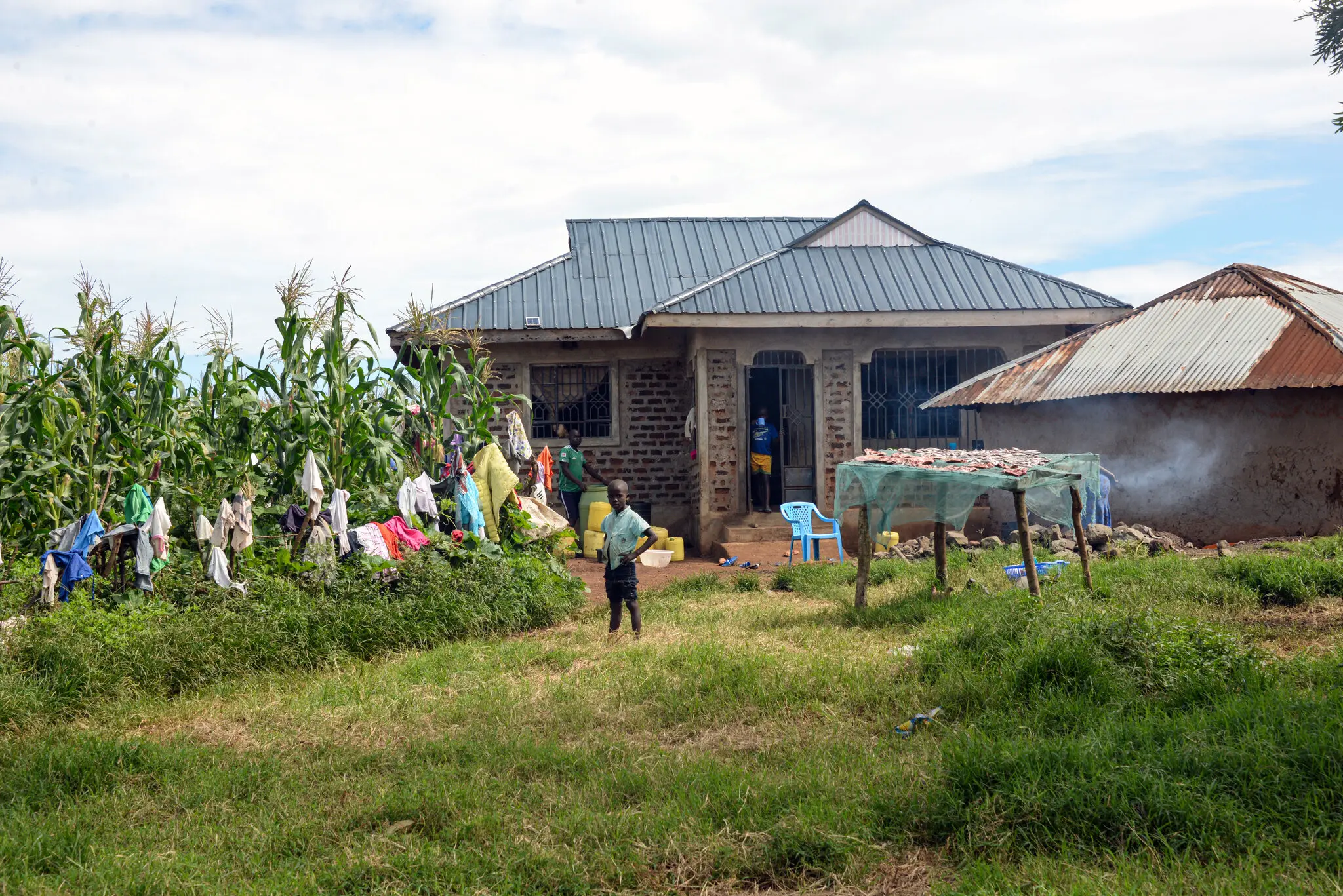A decade-long study in Kenya found cash transfers reduced child deaths by nearly half. Results, reported by The New York Times, highlight new evidence on poverty reduction and health outcomes.
A new study reported by The New York Times shows that unconditional cash transfers to poor families in Kenya significantly reduced child mortality. Conducted between 2014 and 2017, the program gave $1,000 in three instalments to over 10,500 households in Siaya County through the nonprofit GiveDirectly. Researchers followed participants for a decade, comparing outcomes with households that did not receive funds.
The study found that infant mortality declined by nearly 50 per cent, and deaths among children under five fell by 45 per cent. The results suggest that when families received funds close to childbirth, they were more likely to access prenatal care, give birth in hospitals, and provide adequate nutrition. Researchers also noted that families receiving cash transfers were more resilient during droughts and the COVID-19 pandemic.
Additional findings showed wider economic effects, with each dollar transferred generating an estimated $2.50 in business activity. The study, published by the National Bureau of Economic Research, adds to global evidence on the role of direct cash transfers in shaping health and development outcomes.


